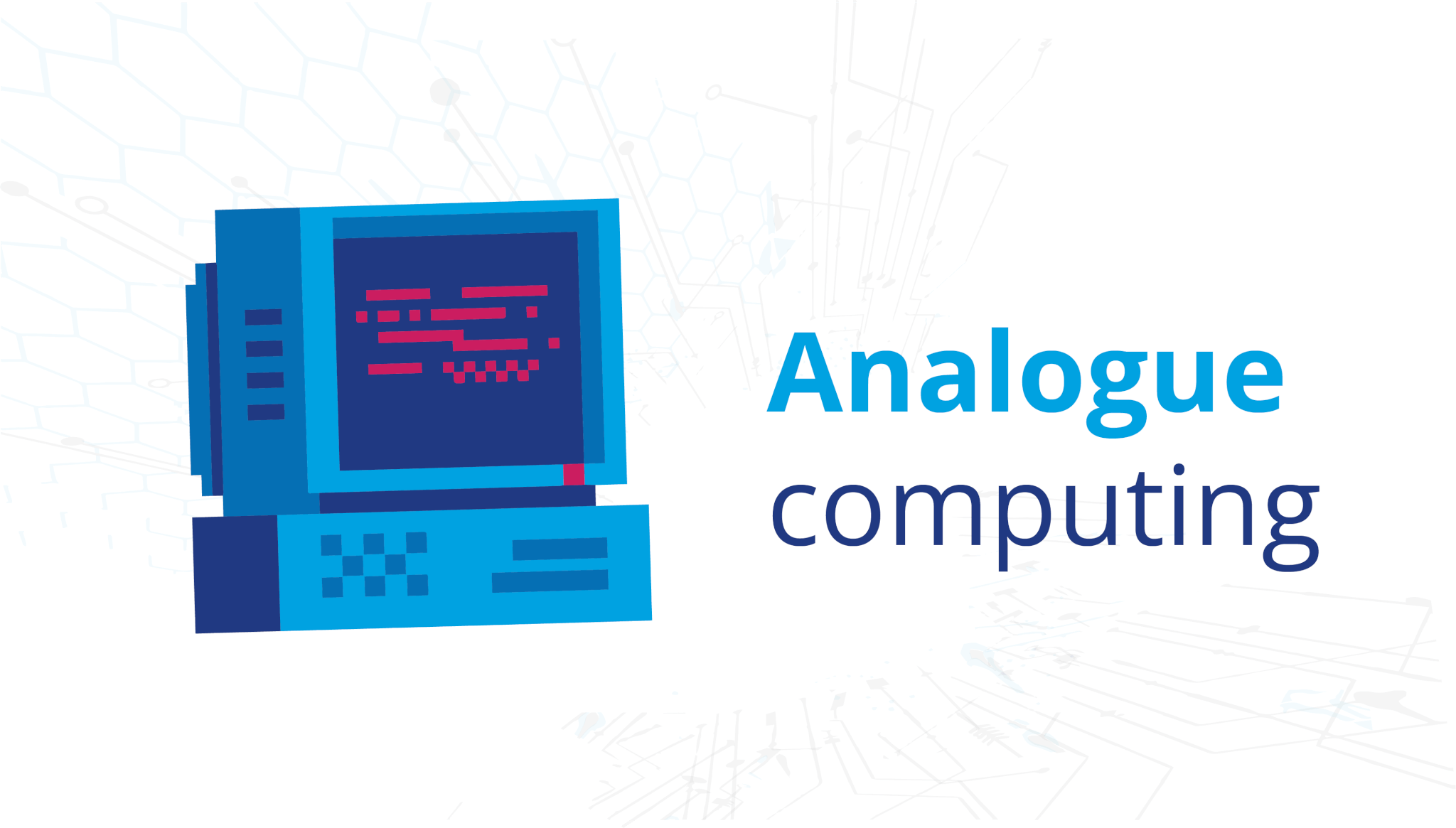

Analogue computing, the old-fashioned way of doing calculations with physical quantities like voltage, current, or resistance, is making a comeback!
Why? Because analogue computing has some advantages over digital computing, especially for certain types of problems. For example, analogue computing can be faster, more energy-efficient, and more accurate for solving differential equations, which are common in physics, engineering, and biology. Analogue computing can also handle noisy or uncertain data better than digital computing, which is useful for applications like machine learning and signal processing.
But don’t worry, digital computing is not going anywhere. Analogue computing is not meant to replace digital computing, but to complement it. The idea is to use hybrid systems that combine the best of both worlds. For instance, you could use an analogue computer to do the heavy lifting of solving a complex equation, and then use a digital computer to verify the result and communicate it to other devices.
This is not just a theoretical possibility. There are already some examples of analogue computing in action. For instance, researchers at MIT have developed an analogue computer that can solve partial differential equations 1000 times faster than a digital computer. And IBM has created an analogue chip that can perform machine learning tasks with 100 times less power than a digital chip.
So what does this mean for the future of computing? Well, I think it means that we will see more diversity and innovation in the field. Analogue computing opens up new possibilities and challenges for both hardware and software design. It also offers new opportunities for collaboration and integration across disciplines and domains.
If you want to learn more about analogue computing, check out the links below. Thanks for reading!